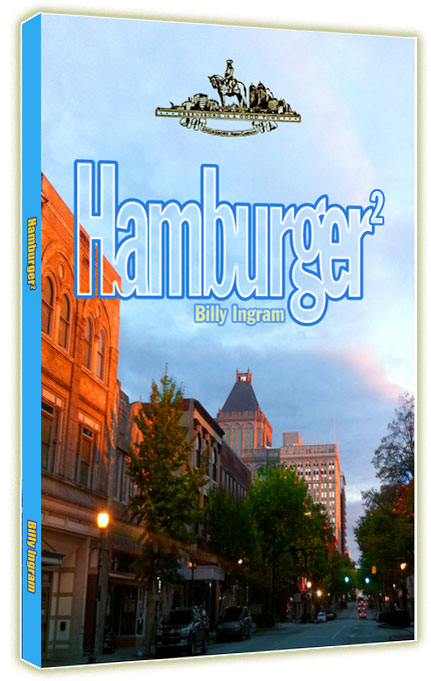
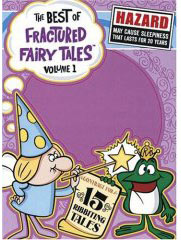
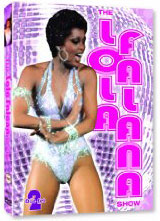
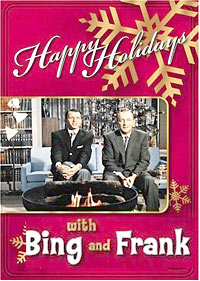
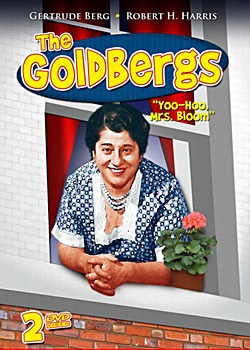
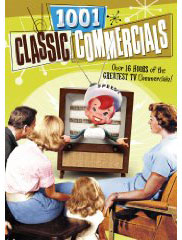
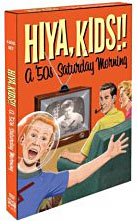
 |
 |
 |
 |
 |
 |
 |
TV
Shows on DVD/ / / /
/ / / Punk Book / /
/ /
/ / / / / / / Holiday
Specials on DVD / /
/ / / / Classic
Commercials |
||||||
|
John Wayne stepped up the pace of his TV appearances in the seventies to bolster the box-office receipts for his latest detective dramas and rope operas. As a return favor for Raquel Welch adding a some sizzle to the True Grit premiere, John Wayne showed up as a guest on her TV special, Raquel!, which aired on April 26, 1970. On the program, Wayne gave Raquel lessons in gunfighting for a sequence shot on a western backlot, interspersed with clips from some of Duke's famous shootouts. They also toured the Our Little Brothers and Sisters Orphanage, a charity Wayne and his wife Pilar supported. On the 42nd Annual Academy Awards telecast in 1970, John Wayne was presented with the Oscar for his portrayal of Rooster Cogburn in True Grit, his first and only win for Best Actor. He also presented the award for Best Cinematography on the telecast.
It was also the most expensive TV special to date, budgeted at a staggering $2 million. The 90-minute production was a Hollywood parade of stars - Red Skelton, Tom Smothers, Lorne Greene, Dean Martin, Bob Hope, Rowan & Martin and others lined up to praise the good old USA in historical sketches and patriotic songs. In a segment starring John Wayne, Red Skelton and Tommy Smothers, conservative and liberal messages converged in a recitation of Benjamin Franklin's definition of what it is to be an American.
That same year, John Wayne appeared on the small screen in several TV documentaries including Harry Jackson: A Man and his Art (Jackson was known for his spectacular bronze sculptors of western scenes) and CBS's The American West of John Ford with Henry Fonda and James Stewart. On the latter, Wayne and Ford traveled to the Monument Valley, scene of some of their greatest triumphs, to film recreations of their unique working method.
On a lighter note, Duke turned up on The Super Comedy Bowl (January 10, 1971) hosted by Lucille Ball and Everything You Always Wanted to Know About Jack Benny But Were Afraid to Ask (also in 1971) with George Burns and Lucille Ball.
When asked by Campbell what his favorite project was, Duke replied, "Well, you like... each picture for... a different reason. But I think my favorite will always be the next one." Naturally, Wayne was expected to participate in the silly comedic banter that was the backbone of TV variety shows:
Wayne: "Well, I was happy to be here. I'm beginning to like TV. I want to thank you for going on that special for me this last year." Campbell: "Hey, that was fantastic, and what a rating. I guess everyone in America was watching it that night- except for my family, of course." Wayne: "Why, didn't they see it?"
Wayne: "That's funny, 'cause your kids wrote me a fan letter." Campbell: "Well, two people definitely didn't see it then, my wife and I." Wayne: "No? Well, she phoned me and said she liked it."
Wayne: "Glen, your mom and dad liked it too." Campbell: "Well, it just goes to show you. You don't know what lonely is until you've been opposite a John Wayne special."
By now, television was generating millions for Wayne and his company, Batjac - True Grit alone cost ABC over four million dollars for one primetime airing. Wayne did so much promotion around the film's release and at Academy Award time that when True Grit was first broadcast in 1972, nearly half the TVs in the nation were tuned in.
On New Year's Day 1973, Wayne served as Grand Marshal of the Tournament of Roses Parade. The theme was Hollywood and the movies. Glen Campbell hosted John Wayne on an NBC special which explored The Musical West on March 8, 1974 along with Burl Ives and Michele Lee and Duke turned in a memorable performance on Maude (Maude Meets The Duke, September 9, 1974) where his conservative ideals clashed with the outspoken liberal Maude. It was a seminal television moment that Wayne played with relish. Meanwhile, another of John Wayne's films was turned into a TV series for the fall of 1974 - The Cowboys. This time, there were four original cast members brought over from the film but the weekly TV western format was a relic of the past by the mid-seventies. The show was cancelled within a few months. Perpetually on the promotion circuit, John Wayne joked around with Don Rickles' on his 1975 special. On the show, he tried to get Don to read a cue card he had prepared: Wayne: "Read it, Don!" Rickles: "OK, Duke. But gee whiz, you're not right for the jokes, Duke. Boy, anything you say. I don't want to upset you..." Wayne: "Well then, go ahead and read it." Rickles: "OK (reads) John Wayne's new picture, Branigan, which will soon be showing all over the country... wait a minute, this is no joke." Wayne: "You bet your life it's no joke, it's bread and butter for me." While filming a 1975 Bob Hope Special (where he played a western Archie Bunker in a skit, then complained about having to play Bob's father), Wayne, Bing Crosby and Bob Hope surprised Tonight Show guest host Don Rickles by walking out on stage unannounced, sending the shocked audience into hysterics.
NEXT:
PART SIX:
|
JOHN WAYNE: PART 1 JOHN WAYNE: IN THE 1960's JOHN WAYNE: MID-SIXTIES JOHN WAYNE: LATE-1960's JOHN WAYNE: THE SEVENTIES JOHN WAYNE: DEATH OF A LEGEND
TV
on DVD / / Holiday
Specials on DVD
Amazon Prime - unlimited streaming PR4 & PR5 Pages for Advertising
TV Blog!
Obscure 70s music & more!
|
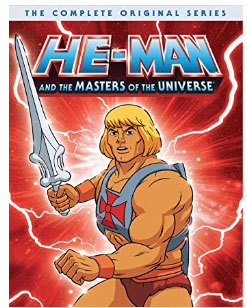 |
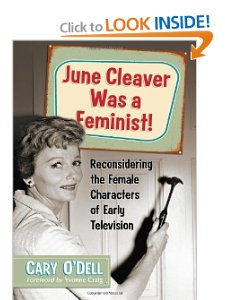 |
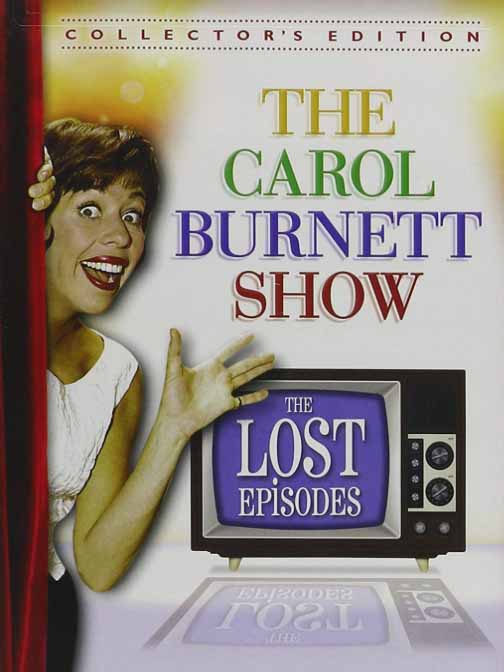 |
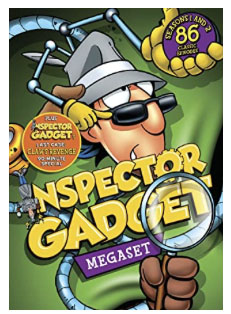 |
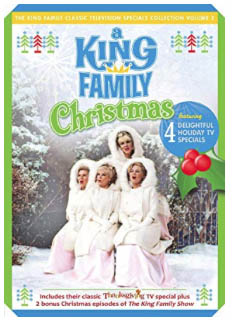 |
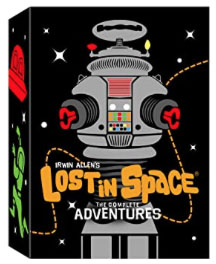 |
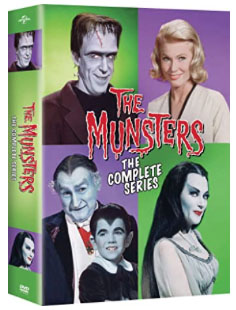 |
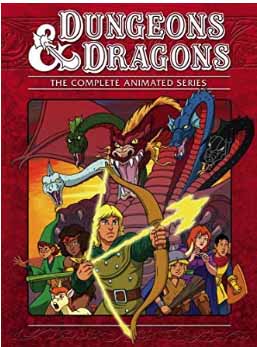 |
| TV Shows on DVD/ / / / / / / Classic TV/ / / / / / / Punk Book/ /
/ /
/ / / / / / /
Holiday
Specials on DVD / /
/ / / / Classic
Commercials |
|||||||
|
|
||||||||||
| Back
to the menu Contact Us / Classic TV DVDs Other Cool TV Sites TVparty! Television Blog |